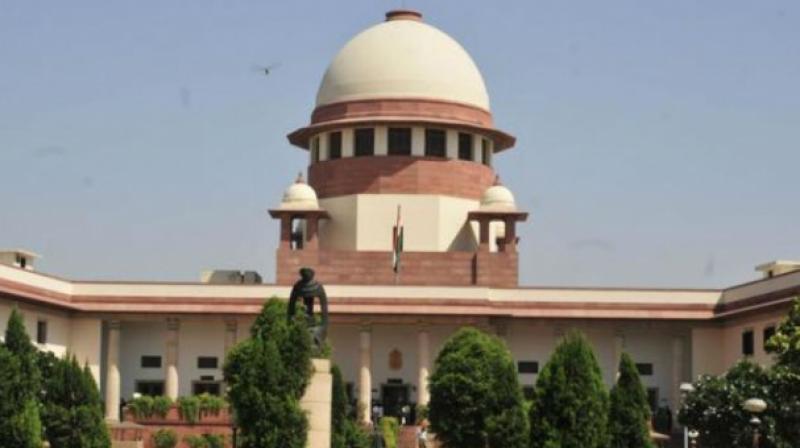Scholars agree with Supreme Court ruling on talaq
Advice to follow Quranic procedure not interference.

Hyderabad: Several intellectuals and Muslim religious scholars said they believed that the Supreme Court asking Muslims to follow Quranic procedure for talaq (divorce) was not tantamount to “interference” with Muslim Personal Law.
At a round table conference held in the city on ‘Talaq according to the Quran’, they said that they do not, in any way, undermine or deny the Hadith (narrations on speeches and acts of Prophet Muhammad) that corroborate with the Quran.
They said there was one humanitarian, gender-just procedure of talaq based on natural principles of justice in the Quran, without any exceptions for any extreme circumstances.
Former Eflu dean Prof. Mohsin Usmani, Mr Faiz ur Rahman, general secretary, Islamic Forum for Promotion of Moderate Thought, Dr Parveen Sultana, former principal, Sultan ul Uloom College of Education, Ms Khalida Parveen, general secretary, Umoomat Society for Women, founder-secretary, Forum for Muslim Parliamenta-rians Aariz Muhammad, Dr Lubna Sarwath, environmentalist and socio-economic activist and others are participating in the conference.
They appealed to the SC, High Courts, the All India Muslim Personal Law Board, Jamiat Islami Hind, Jamiat Ulema Hind and other organisations to popularise the Quranic procedure of divorce.
They said that the Quran had prescribed seven steps for divorce, which included husband and wife reasoning things out through dialogue; temporary physical separation; efforts to effect reconciliation; arbitration; the first talaq followed by Iddat; options within Iddah; second talaq or resumption of conjugal relations without re-marriage; and options after Iddah — re-marriage or separation through the final, irrevocable talaq.
They said that instant talaq (uttering ‘talaq’ thrice at once) was not under any circumstances, in compliance with the Quran. They said that courts in India had upheld that the Quran was the primary source and the weightiest authority on any subject under Muslim law.
They cited judgements in a few cases, including in the Anwara Begum and Dagdu Pathan cases, and the SC in the Shamim Ara case that upheld the Quranic procedure of divorce (talaq) and invalidated the instant talaqs.
They said that the High Court of Gawahati in the Rukhia Khatoon divorce case, on July 9, 1979, stated: “It is needless to say that Holy Quran is the primary source and is the weightiest authority on any subject under Muslim Law.”

